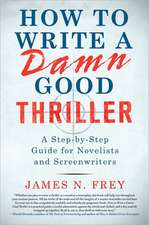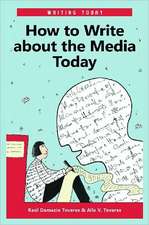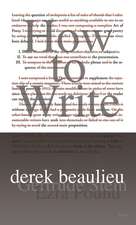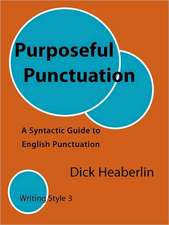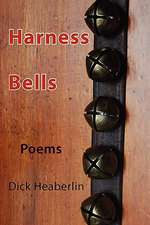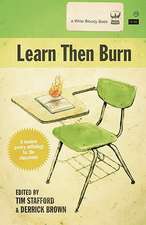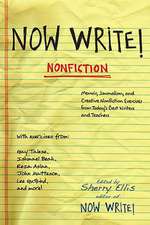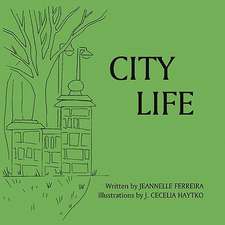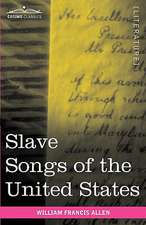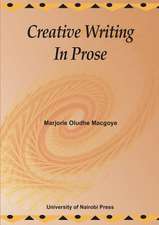Red Velvet
Autor Lolita Chakrabartien Limba Engleză Paperback – 30 dec 2014
| Toate formatele și edițiile | Preț | Express |
|---|---|---|
| Paperback (2) | 50.25 lei 6-8 săpt. | +42.22 lei 4-10 zile |
| Samuel French, Inc. – 30 dec 2014 | 89.02 lei 3-5 săpt. | +3.65 lei 4-10 zile |
| Bloomsbury Publishing – 2 sep 2020 | 50.25 lei 6-8 săpt. | +42.22 lei 4-10 zile |
Preț: 89.02 lei
Nou
Puncte Express: 134
Preț estimativ în valută:
17.04€ • 18.51$ • 14.32£
17.04€ • 18.51$ • 14.32£
Carte disponibilă
Livrare economică 01-15 aprilie
Livrare express 15-21 martie pentru 13.64 lei
Preluare comenzi: 021 569.72.76
Specificații
ISBN-13: 9780573703225
ISBN-10: 0573703221
Pagini: 90
Dimensiuni: 127 x 203 x 5 mm
Greutate: 0.1 kg
Editura: Samuel French, Inc.
ISBN-10: 0573703221
Pagini: 90
Dimensiuni: 127 x 203 x 5 mm
Greutate: 0.1 kg
Editura: Samuel French, Inc.
Notă biografică
Caracteristici
Red Velvet premiered in London before transferring to New York in 2014
Recenzii
Chakrabarti's writing is funny and fierce . . . the issues 'Red Velvet' deals with are far from past tense.
Chakrabarti smartly draws parallels between the world of Shakespeare's Othello, the 1830s and our own society. She writes shrewdly about the theatre's role as an instrument of both social progress and conservatism . . . an arresting and sometimes very funny play.
Chakrabarti smartly draws parallels between the world of Shakespeare's Othello, the 1830s and our own society. She writes shrewdly about the theatre's role as an instrument of both social progress and conservatism . . . an arresting and sometimes very funny play.

